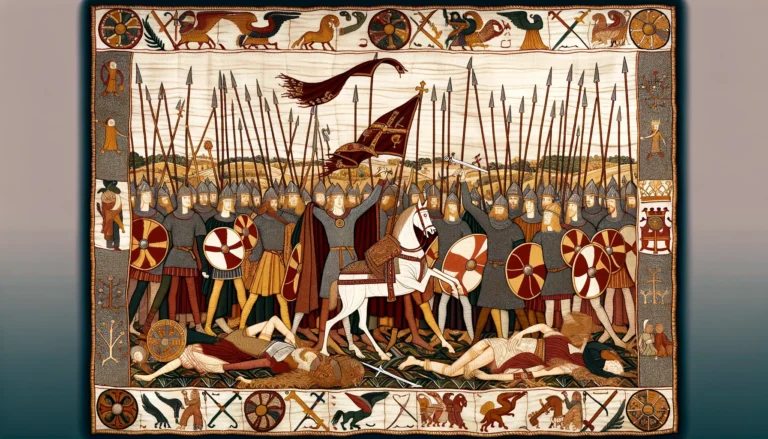India hails Holi, a bright merrymaking known as the Merrymaking of Tints, which marks the coming of spring and the win of good over evil. It’s hailed with great gladness and fervor across sundry deals of the land, each shire bringing its own lone elderships to the mirth. The main draws of Holi inhold flinging tinted dusts and water at each other, liking sundry foods, and taking part in manifold eldly and theedish doings.
Holi mirths start with Holika Dahan, a bonfire on the eve of Holi, betokening the burning away of evil ghosts. The following day, Rangwali Holi, is when the colorful and playful bearing comes to life with folks smearing each other with lively tints, using water guns, and throwing water bladders. It’s a time when fellowshiply thews are loosened, and everyone joins in the fun, from bairns to grown-ups, making an air of laughter and joy.
The feast is not only hailed in India but also in other South Asian lands and by the Hindu outlanders worldwide, inhold in Nepal, Pakistan, Bangladesh, the Banded Rikes, Oned Kingdom, Canada, and Eveland. This widespread hailing underscoring its weightiness in forwarding oneness, love, and the joy of life.
Besides the fun and games, Holi is also a time for afterthinking, forgiveness, and renewing bonds. It’s a day when folks visit friends and kin, swap sweets, and share in the ghost of togetherness. The feast is rich in theedish and ghostly weightiness, embodying tales from Hindu lore and hailing the undying love of Lord Krishna and Radha.
The hailing of Holi sunders across India, with elderships differing from the north to the south. In the north, the mirths are more tint-intensive, inhold great fellowshiply mirths, while in the south, the spotlight is more on ghostly and fane rituals. For byspel, in West Bengal, Holi is hailed as Dol Jatra with singing and dancing, and in Maharashtra, it’s known as Rangpanchami or Shimga, inholding lively fellowshiply mirths.
Holi is also a feast for the senses, with sundry foods and drinks being made ready. Gujiya, a sweet dumpling filled with khoya (a milkware) and dried fruits, is a handed-down dainty, along with thandai, a cooling drink that sometimes holds bhang (marijuana). The feast is a time when folks wallow in a blend of sweet and savory treats, liking the cooking delights that follow the mirths.
The tints used in Holi hold their own weightiness, each betokening sundry deals of life and fellowship. For byspel, yellow is knitted with the third standing of Vaisyas, or tradesmen, in Hindu fellowship and is linked to Lord Vishnu and Krishna, who are often shown in yellow garb in art and lore.
Holi’s weightiness goes beyond its ghostly outstarts, taking up themes of renewal, joy, and the brightness of life itself. It eggs folks to lay aside their sundrynesses, come together in hailing, and look forward to the renewal that spring brings.
Vocabulary List:
– Celebrates: Hails
– Festival: Merrymaking
– Colors: Tints
– Celebrated: Hailed
– Regions: Deals
– Unique: Lone
– Traditions: Elderships
– Attractions: Draws
– Activities: Doings
– Symbolizing: Betokening
– Spirits: Ghosts
– Participants: Folks
– Social norms: Fellowshiply thews
– Atmosphere: Air
– Celebrated: Hailed
– Countries: Lands
– Diaspora: Outlanders
– United States: Banded Rikes
– United Kingdom: Oned Kingdom
– Australia: Eveland
– Cultural: Theedish
– Spiritual: Ghostly
– Significance: Weightiness
– Mythology: Lore
– Eternal: Undying
– Varies: Sunders
– Examples: Byspels
– Including: Inhold
– Community: Fellowship
– Special: Handed-down
– Associated: Knitted
– Caste: Standing
– Society: Fellowship
– Encourages: Eggs
– Differences: Sundrynesses








